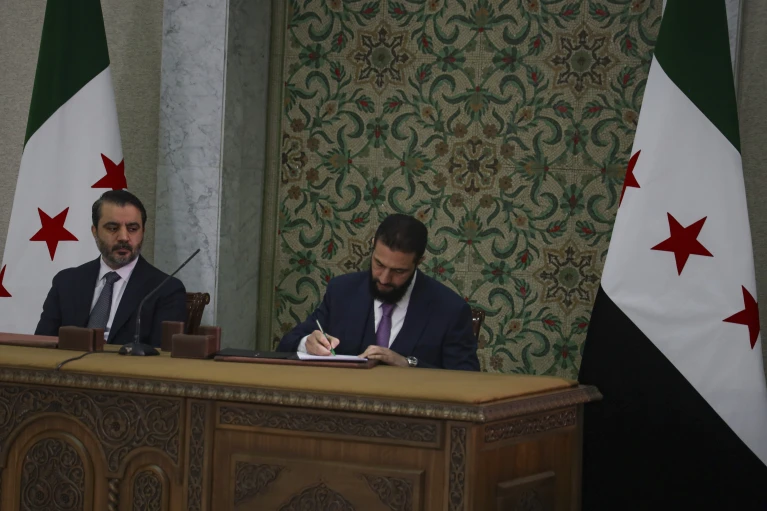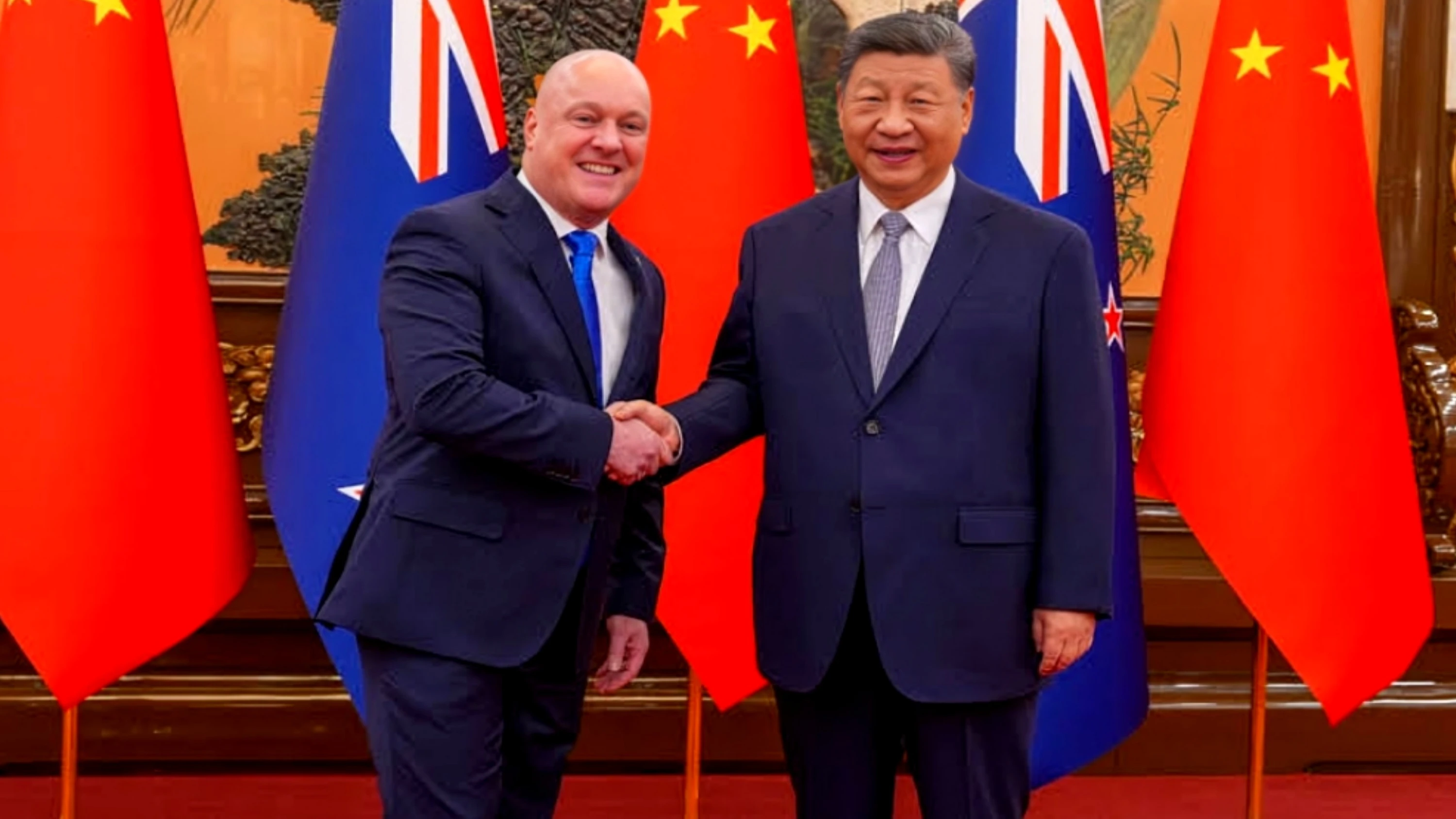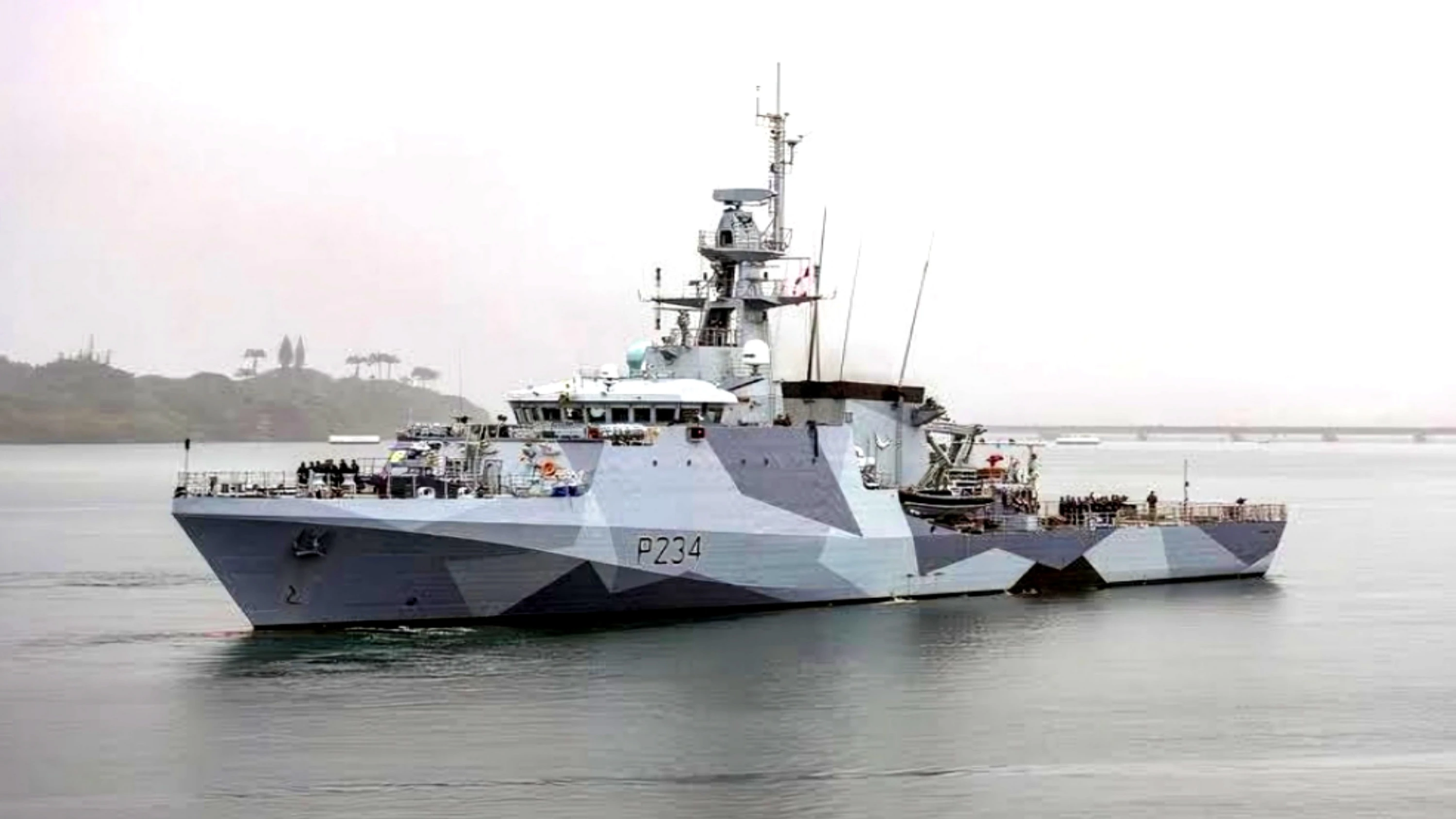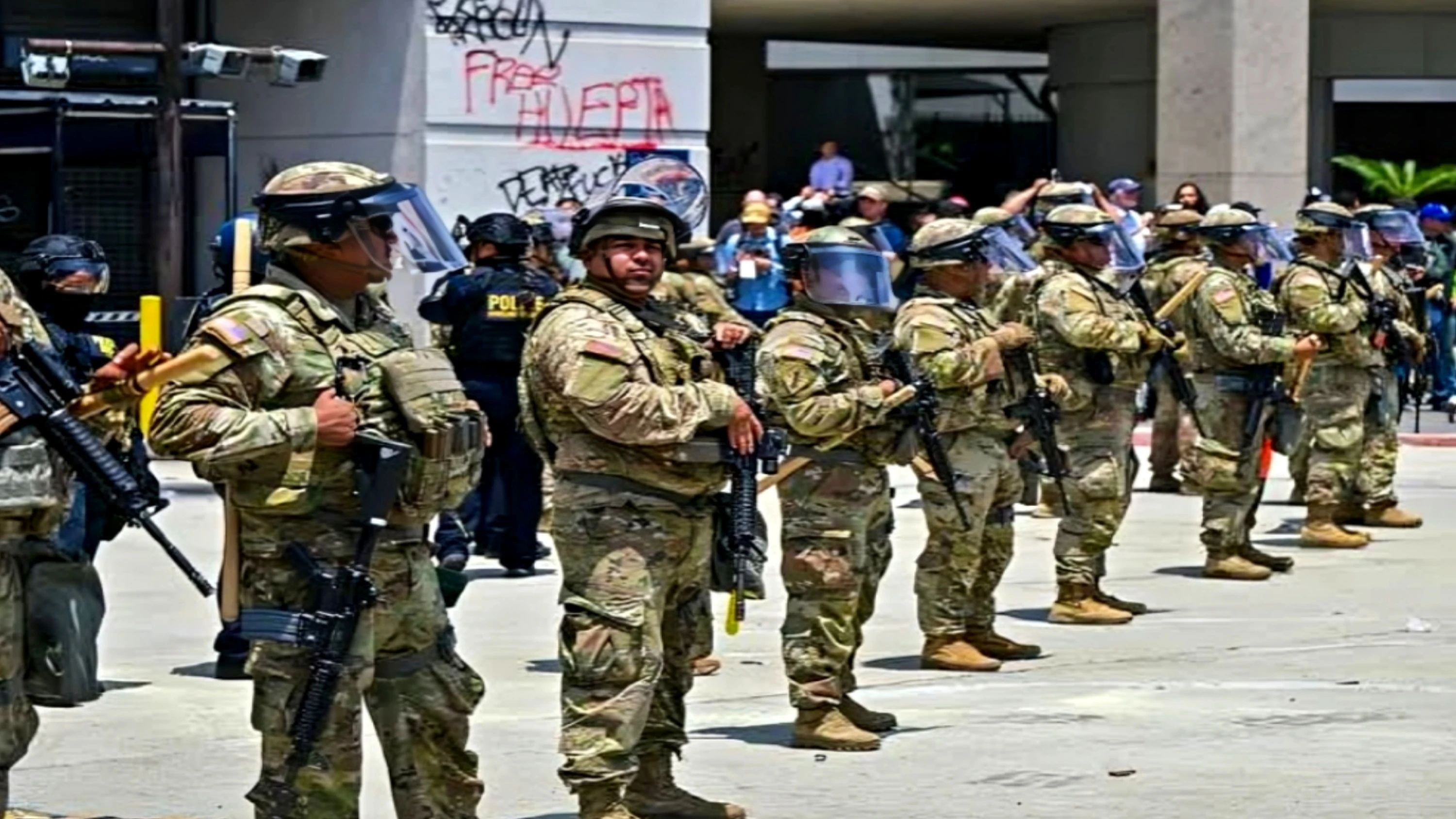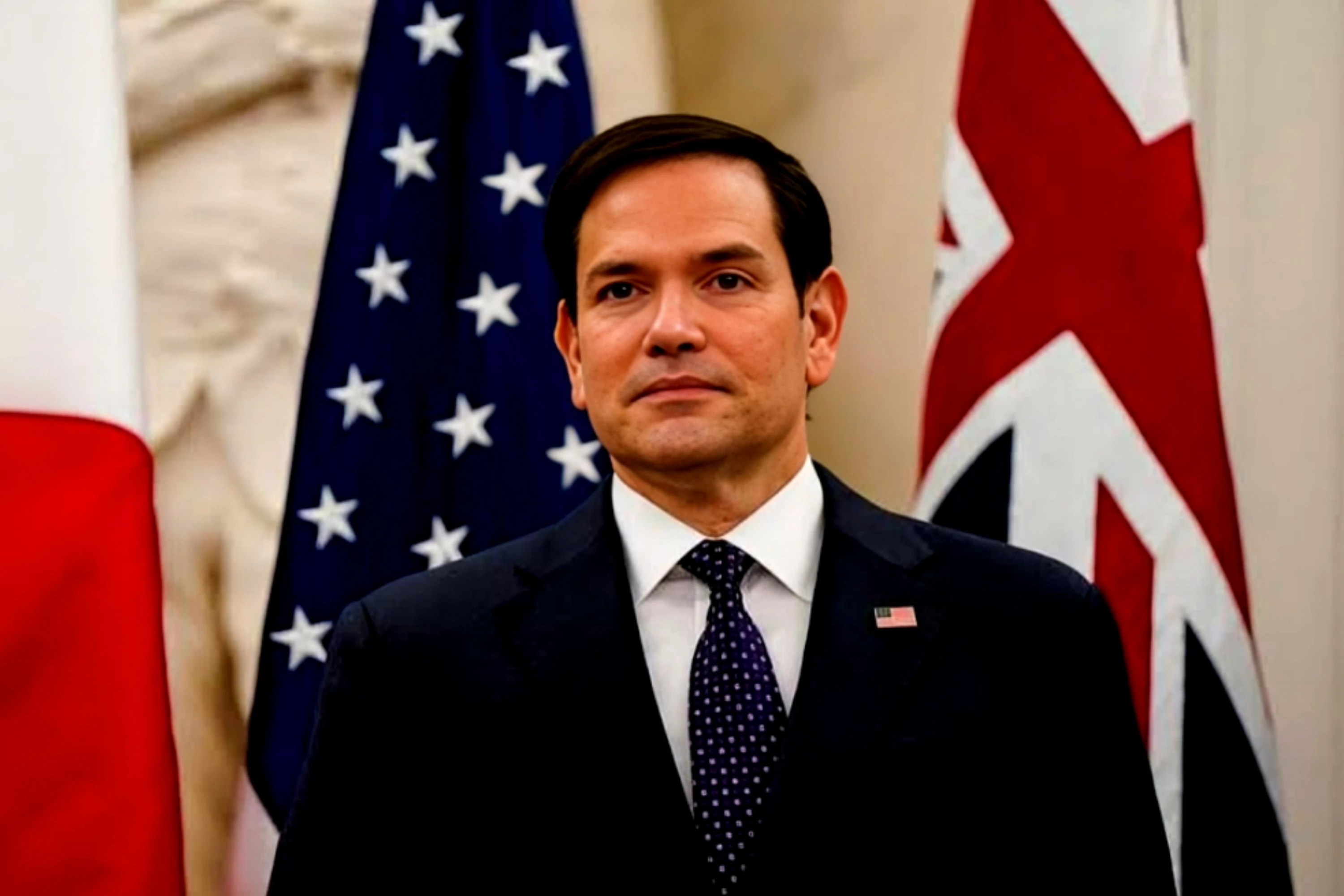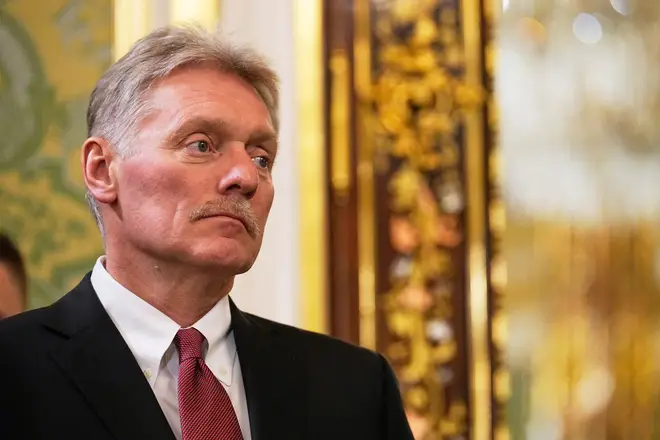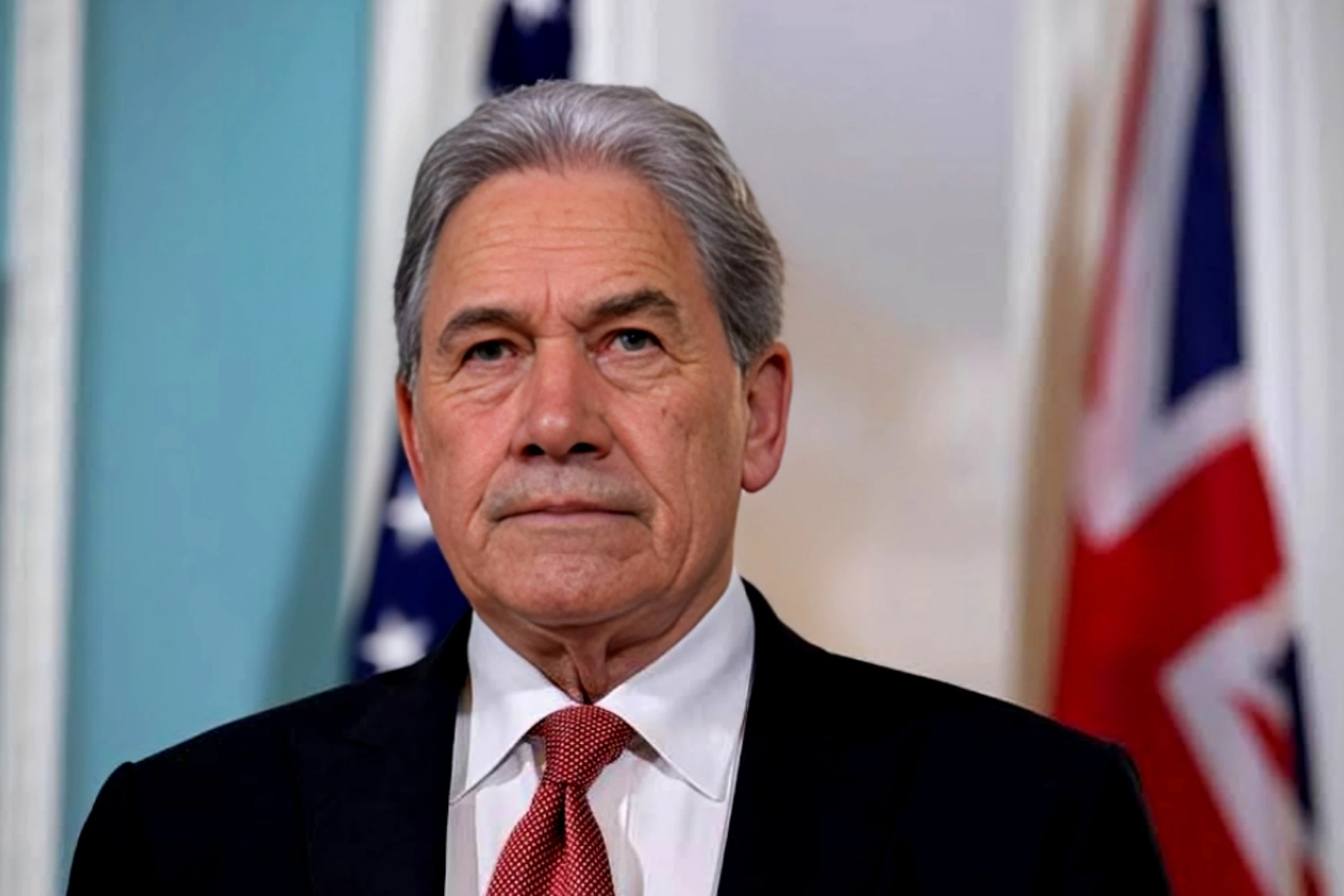Brussels: Syria will attend an international donor conference in Brussels on Monday for the first time as its new leaders seek global support for a peaceful transition. The event, hosted by the European Union and chaired by foreign policy chief Kaja Kallas, comes after President Bashar al-Assad was ousted in December by an insurgency. This meeting is designed to secure aid pledges and to help rebuild Syria’s shattered economy and infrastructure after nearly 14 years of civil war.
According to AP, Syria will be represented by Foreign Minister Asaad Hassan al-Shibani. The conference aims to rally support from Western partners, neighbouring Arab countries, and United Nations agencies. It comes at a time when Syria’s interim government, led by former Hayat Tahrir al-Sham leader Ahmad al-Sharaa—who recently signed a temporary constitution to keep Syria under Islamist rule for five years—is trying to consolidate control over territories that were divided into de facto mini-states during the war.
The background to this development is a conflict that has left Syria’s economy, infrastructure, and public services in ruins, with experts estimating that rebuilding could cost between $250 billion and $400 billion. Harsh Western sanctions, imposed during Assad’s rule, still hamper economic recovery, although the EU eased some sanctions on February 24 in the energy, transport, and financial sectors. However, many Western officials remain cautious. Recent security incidents, including an ambush on a Syrian security patrol by gunmen loyal to the old regime and subsequent sectarian revenge attacks that have killed hundreds of civilians, underscore the fragile situation in the country.
With electricity available for only a few hours a day, unreliable water supplies, unemployment rates reaching 80-90%, and widespread destruction, Syria faces enormous challenges. The United Nations refugee agency noted that while millions of Syrians have been displaced or left their homes, nearly 302,000 have returned since Assad’s fall. UN humanitarian chief Tom Fletcher expressed optimism at the conference, saying that aid operations are now easier than under the previous regime, and praising efforts by caretaker authorities to keep border crossings open.


